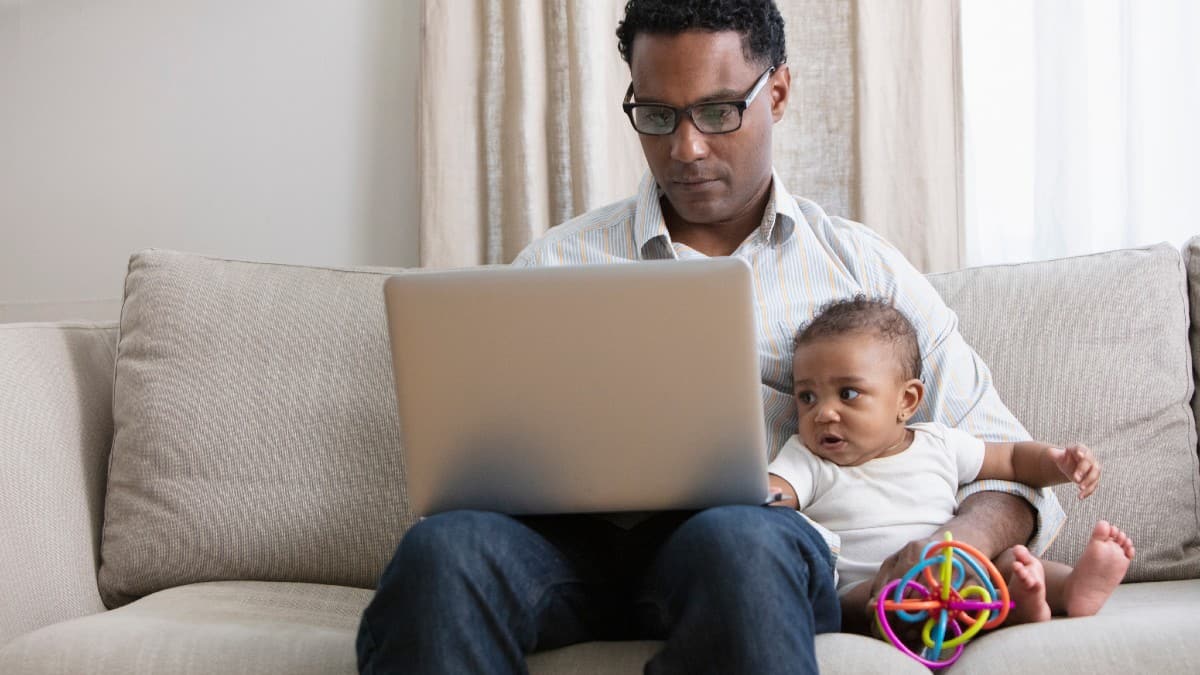Working from home seems like the best thing ever. You can work in your pyjamas, take as many breaks as needed and nap with the kids or the dog if you feel like it, right?
Well, the reality doesn’t exactly look like that, does it? Sure, working from home has many benefits, but being part of the remote workforce does come with its own challenges as well. And with so many people now working remotely due to the pandemic, things have changed even more.
[top_pitch]
Misconceptions about working from home
You can work in your pyjamas
As a general rule, you definitely don’t need to dress up to work from home. That said, in many industries, working from home includes plenty of Zoom meetings, so you have to look ‘presentable’ most days once you turn the computer on.
You can work whenever you want
While many companies support a flexible schedule, many others have set hours for their remote workers. That means you’ll have scheduled meetings, phone calls, and deadlines that might require you to be in front of the screen during standard office hours.
You’ll enjoy a better work-life balance
Working from home will save you commute time. If your office is an hour from home, that’s two more hours a day you have to spend with your loved ones, read a book or enjoy a movie. But working from home doesn’t necessarily mean you’ll have more free time during the day to play catch with the dog.
In fact, working from home can lead to more interruptions, which can then result in working longer so you don’t miss any deadlines. And if you have young kids at home, boundaries are harder to enforce, so you might not get as much quiet time as you need.
What working from home is really like
The reality is that working from home is still working. You’ll have to put in the time and possibly extra effort to make sure there’s effective communication with coworkers and your boss. Regular catch-ups are a must, even if you don’t have scheduled meetings.
The negatives
Being at home might save you money in some ways, but you might still need to pay for daycare or a babysitter to help with the kids. Children demand attention and if you have to cook for them, entertain them and answer constant questions, your work productivity will suffer.
The same is true if you don’t have a quiet, dedicated space or the correct equipment for your work.
Remote working can also be lonely. You’ll miss the socialisation and interaction that comes with being at work – or even the lunch breaks with friends near the office.
The positives
Perhaps one of the biggest benefits of working from home is that it’ll save you time and money – up to £500 a month, according to recent research by protecting.co.uk. No lunches out, no transportation or parking costs, less electricity used in constantly having to wash work clothing. It all adds up.
How working from home changed forever through the pandemic
The pandemic and its lockdowns have made working from home a lot more commonplace. According to research from the University of Kent and the University of Birmingham, 86% of us have worked from home at least at some point during the pandemic.
The changes have been huge. Before the coronavirus lockdowns, 37% of non-parent female workers and 28% of non-parent male workers worked from home. Those numbers have grown to 93% and 94% respectively since the pandemic started.
According to the survey, the experience has been mostly positive, reducing commuting time, increasing time spent with family (and pets) and improving mental health.
Going forward, the research suggests that more employees will likely request work from home options post-lockdown. This is in part because the concerns that once existed about distance working are long gone and choosing to work from home will no longer negatively impact career outcomes.
A number of experts interviewed by the BBC recently expressed their belief that the pandemic might have changed the way we work forever. What will the future bring? Likely a hybrid way of working that allows more flexible working times and more remote working in all industries.







